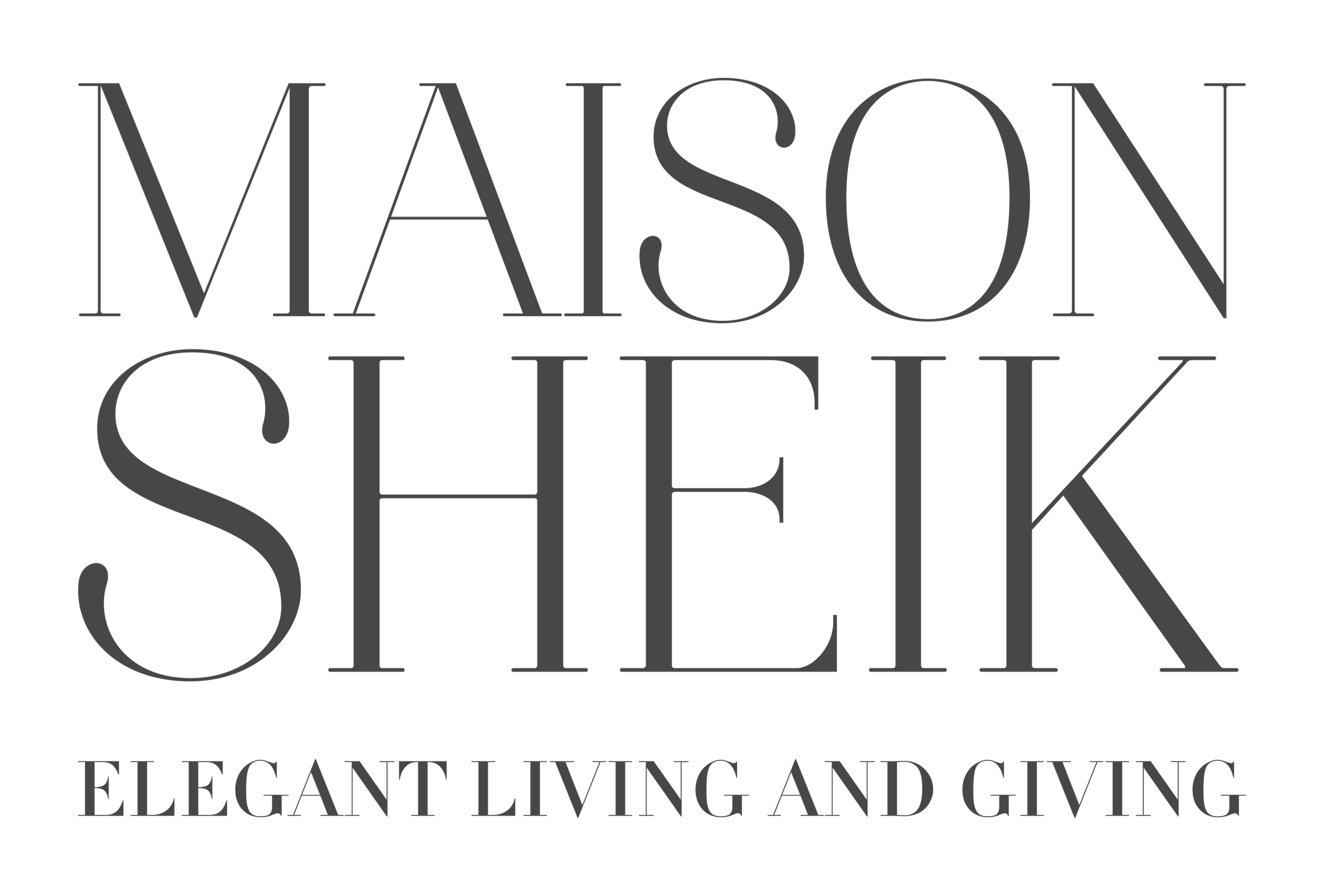Movies Of The Moment – The Post
We’ve been trying to watch as many movies as possible lately, mainly because other parents feel it necessary to frequently and relentlessly fearmonger us with comments like “you’ll never be able to watch a movie again.” any excuse to plant ourselves in front of a screen in the name of living our best lives is a-ok with us, and I have to say we’ve caught some stellar films so far on account of it. Virtually every movie out right now is best in class due to it being award season, but I wanted to recount a few this week that we’ve particularly enjoyed, kicking off with steven spielberg’s The Post.
The post
Directed by steven Spielberg, and starring Meryl Streep and tom hanks. I could probably end the review right there and that would be enough to impel you to see the film. But this is an important movie to watch in this moment of history, so a little more detail is due.
First, a brief history lesson. The story of the post is the story of the pentagon papers, officially titled “united states- Vietnam relations, 1945-1967: a study prepared by the department of defense.” the papers, in essence, detailed scathing truths about the U.S.’s involvement in Vietnam. One, that the johnson administration “systematically lied, not only to the public but also to congress.” and two, that the u.S. Had secretly enlarged the scope of its actions in the Vietnam war with the bombings of Cambodia and Laos, coastal raids on North Vietnam, and marine corps attacks, none of which were reported in the mainstream media. The papers were released by Daniel Ellsberg, who had worked on the study, and were first brought to light by the New York Times, for which the NYT was served an injunction by the U.S. Attorney general. For his disclosure of the pentagon papers, Ellsberg was initially charged with conspiracy, espionage, and theft of government property, but the charges were later dismissed after prosecutors investigating the watergate scandal discovered that the staff members in the Nixon white house had ordered the so-called white house plumbers to engage in unlawful efforts to discredit Ellsberg. The post is about the moment that the Washington Post enters the fray on the heels of the NYT, to publish the remaining papers, exposing a massive cover-up of government secrets regarding the US’s involvement in Vietnam that spans 3 decades and 4 u.S. Presidents.
These themes- of thankless wars entered into on lies, of presidential administrations lying to and denigrating the mainstream media, of leakers willing to face imprisonment to share the truth with the public, then outed as traitors; and the importance of a free press- is top of mind for anyone who has lived through the Iraq war as well as the first year of the Trump administration. And it is toward the latter, in so many ways, that this film is a direct and unapologetic response. While the film regrettably trades in some of the more poignant historical lessons regarding u.S. Involvement in Vietnam for high drama, its focus on the necessity of a free and respected press for the perpetuation of democracy is a huge one. For the magnitude of that lesson alone, I suspect it will win plenty of awards.
But there are also a number of moments and details that more subtly appeal to the senses. For one, Katherine Graham (played by the glorious Meryl Streep) plays the first female publisher of a major American newspaper. Anyone who has ever been the only woman in a room full of men can identify with the shot of her entering a room full of bankers at a meeting during which they will set the IPO price for the Washington post. In it, Streep is surrounded by a swarm of men in dark suits, and while they tangentially acknowledge her presence (despite her ostensibly being the most important person in the room), the scene only reinforces how invisible and insignificant they deem her to be. I wanted so badly for her to bust their chops as only a woman can, but I was reminded only of the times and how many women like her had to fight to get one word in edgewise so that I could get in 100. It was a powerful reminder of how far we’ve come.
The story of the post, then, is also one about a woman finding her voice, and blazing a heretofore uncharted trail. It is graham who has the final word on whether to publish, and despite the risk to her career, company, and family’s inheritance, she makes the honorable choice.
On a visual level, it is also rich with gorgeous details showcasing the Georgetown homes of the 1970s Washington elite, and the incredible wardrobes of their inhabitants. My absolute favorite scene on this front is the one below, wherein graham dons a glorious caftan while hosting a party in the garden of her Georgetown home. Just look at that caftan and that hair. She is everything I have ever wanted to be. The intricate wood paneling in her study and the abundance of classic furniture only add to the sumptuousness of the sets.
Overall the post does a tremendous job balancing beautiful period details and high drama with critical themes for the moment. More than anything, it serves as a sobering warning that despite our perceived societal progress (and the passing of some 50 years), we currently face staggeringly similar threats to the freedom of our press and society at large. It is a warning that we should be keen to heed and address head-on if we are indeed to survive.
